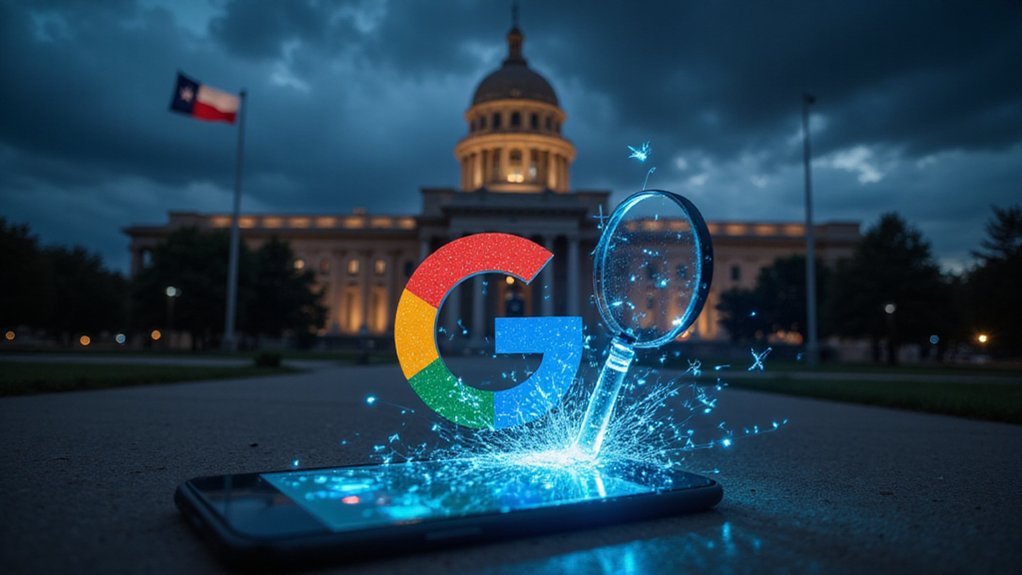Recent reports show AI chatbots are exposing private user conversations on public websites. Users often share personal details with these digital assistants, believing their exchanges remain confidential. They don’t. Companies collect these conversations for various purposes, sometimes without clear disclosure. The emotional connections people form with chatbots make this privacy breach especially troubling. What happens to intimate confessions when they’re no longer private? The answer might disturb millions who trust these increasingly popular AI companions.
While AI chatbots have become increasingly popular tools for customer service and personal assistance, they’re now facing serious scrutiny for potentially betraying user trust. Recent reports reveal that private conversations with these digital assistants are appearing on public websites, raising alarms about data protection practices.
The problem stems from how AI chatbots collect vast amounts of personal information. They gather details ranging from basic personal data to browsing history, location information, and even social media activity. Many users don’t realize the extent of this data collection when they interact with these seemingly helpful tools. These systems produce responses through statistical processes rather than genuine comprehension of user conversations. Users often remain unaware of sharing practices that could lead to their data being exposed to third parties without explicit consent.
AI chatbots quietly harvest your digital footprint while masquerading as friendly helpers.
Security experts warn that chatbot systems often lack proper safeguards. Hackers can exploit vulnerabilities to access sensitive conversations, potentially leading to identity theft or fraud. Once compromised, this data may appear on public forums or be sold on underground marketplaces.
Business users face additional risks. Many professionals share confidential corporate information with AI assistants, not realizing these conversations might be stored insecurely or used for training other AI systems. This has led to cases where proprietary information has been exposed. The lack of transparency requirements for AI decision-making processes compounds these security challenges.
The human tendency to trust anthropomorphic systems makes this situation more troubling. People often form emotional connections with chatbots that seem human-like, sharing more personal details than they would with obviously automated systems. Companies can exploit this trust for commercial gain.
Young users face particular risks. Teens increasingly turn to chatbots for emotional support, sometimes sharing deeply personal information. Several lawsuits have emerged linking chatbot interactions to mental health incidents among youth, with parents claiming insufficient safeguards were in place.
Regulatory frameworks haven’t kept pace with these developments. Privacy laws often don’t adequately address the unique challenges posed by AI chatbots. Experts call for stronger regulations requiring transparent data practices and proper security measures.
As investigations continue, users are advised to treat chatbot conversations as potentially public and limit sharing sensitive information until stronger protections are established.









